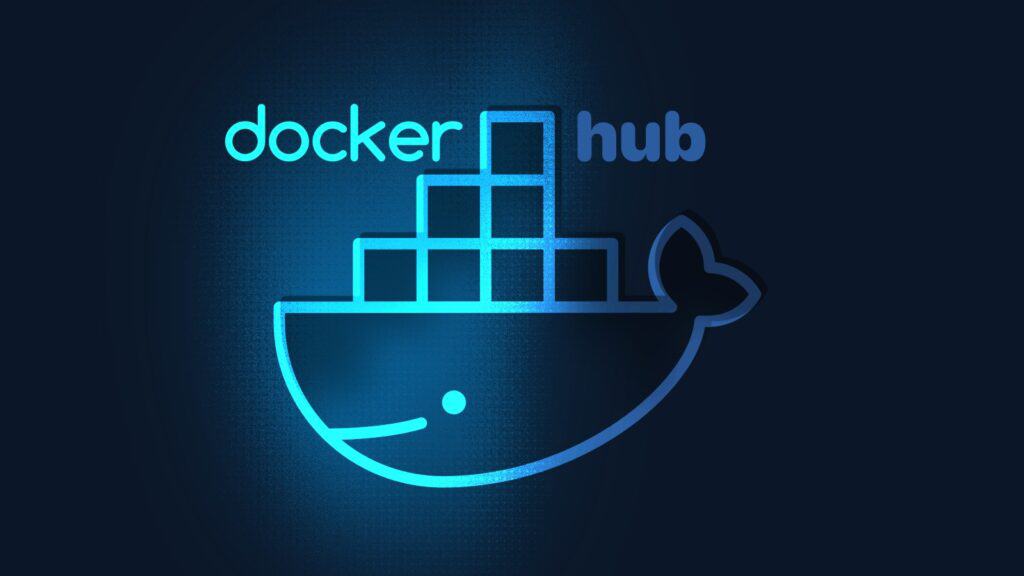Here’s the story: Previously, Docker had planned to introduce image pull consumption fees and storage-based billing, which—no surprise—sparked quite a mix of reactions from the development community.
But now, Docker has announced canceling pull consumption charges to keep the ecosystem open and efficient. By removing these fees, Docker aims to give both individuals and organizations the freedom to pull container images at scale while avoiding cost surprises.
After further evaluating how developers use Docker Hub and what will best support the ecosystem, we have refined our approach—one that prioritizes developer experience and enables developers to scale with confidence while reinforcing Docker Hub as the foundation of the cloud-native ecosystem.
A key highlight of Docker’s revised strategy is providing unlimited image pulls for paid subscribers (with fair use limits in place). In light of this, starting April 1, 2025, professional and enterprise-level accounts will enjoy seamless pulling of container images.
However, Docker is also revising pull rate limits to maintain a balanced and dependable service for users who opt not to subscribe. Specifically:
- Unauthenticated users will be limited to 10 pulls per hour.
- Free authenticated users will see their limit increased to 100 pulls per hour (up from 40).
- System and automation accounts can leverage Personal Access Tokens (PATs) or Organizational Access Tokens (OATs) for higher pull limits, making it easier for automated processes to run securely and reliably.
In addition to eliminating pull consumption fees, Docker has indefinitely delayed the introduction of storage-based billing. Instead of rolling out immediate charges, the company plans to introduce new storage management tools to help users track and optimize their usage.
Once these tools are fully in place, Docker will reassess the need for storage policies. If the decision is made to proceed with storage charges, the community will receive a full six-month notice—allowing ample time for teams to plan and adapt.
For more information, refer to the official announcement.
